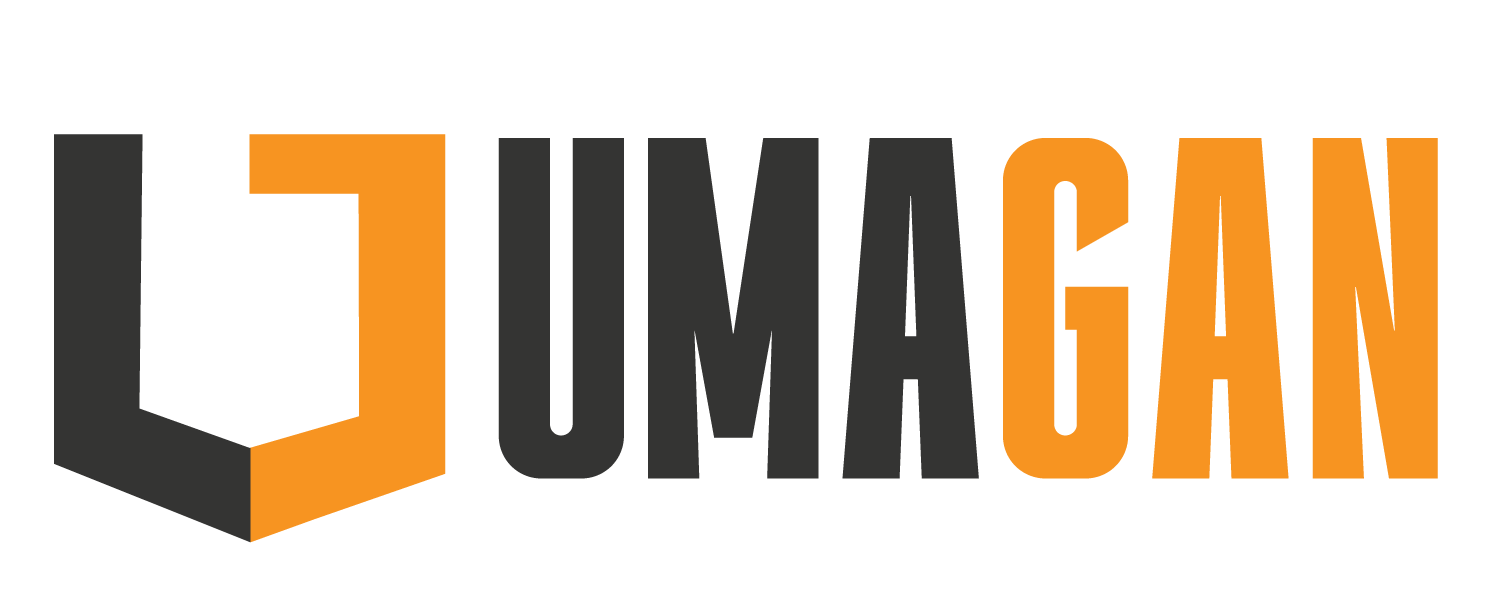Building Your Dream on a Budget: Affordable Development Options for Small Businesses
For many small business owners, the allure of custom software development is undeniable. The potential for increased efficiency, improved customer experiences, and a unique competitive edge is incredibly enticing. However, the perceived high cost of custom development can often be a significant barrier to entry.
This comprehensive guide shatters the myth that custom software development is exclusively for large corporations with overflowing budgets. We’ll explore a variety of affordable development options specifically suited for small businesses, empowering you to transform your vision into reality without breaking the bank.
Rethinking affordability: Beyond the Traditional Model
Traditionally, custom software development involved hiring a dedicated in-house development team or outsourcing the entire project to a large software development agency. While these approaches offer advantages in terms of control and customization, they can be cost-prohibitive for many small businesses.
The good news is that there’s a multitude of alternative development options available, allowing you to find a solution that aligns with your budget and technical expertise. Here are some of the most popular affordable development approaches for small businesses:
- Open-Source Technologies: Open-source software provides a wealth of functionalities and pre-built components that can be leveraged as the foundation for your custom solution. This reduces development time and lowers overall costs. However, customization options might be limited, and ongoing maintenance can require in-house technical expertise.
- Low-Code/No-Code Platforms: These platforms offer a visual development environment that allows you to build basic functional applications without extensive coding knowledge. This is a great option for creating simple prototypes or internal tools without relying on professional developers. However, complex functionalities or integrations might be challenging to achieve with low-code/no-code platforms.
- Freelance Developers: Hiring freelance developers can be a cost-effective option, especially for smaller projects with well-defined requirements. However, thorough vetting of freelance skills and experience is crucial. Communication and project management become particularly important when collaborating with freelance developers.
- Offshore Development: Outsourcing development to countries with lower labor costs can offer significant cost savings. However, language barriers, time zone differences, and potential communication challenges require careful consideration.
By exploring these alternative development approaches, you can leverage the power of custom software development without exceeding your budget limitations.
Finding the Right Fit: Matching Approaches to Project Needs
Choosing the most suitable development option depends on several factors, including:
- Project Complexity: Complex projects with intricate functionalities might require a more traditional development approach with experienced developers. For simpler projects, low-code/no-code platforms or freelance developers could be viable options.
- Budget Constraints: Clearly define your budget limitations and choose an approach that aligns with your financial resources. Open-source technologies and low-code/no-code platforms offer significant cost savings compared to traditional development models.
- Technical Expertise: Evaluate your in-house technical capabilities. If you lack coding expertise, low-code/no-code platforms or outsourcing to developers might be preferable.
By carefully considering these factors, you can make an informed decision on the development approach that best suits your project needs and budget limitations.
Optimizing Affordability Throughout the Development Process
Once you’ve chosen your development approach, here are some additional tips to ensure affordability throughout the software development process:
- Start with a Minimum Viable Product (MVP): Focus on developing a core set of functionalities that validate your concept and gather valuable user feedback. An MVP allows you to test the waters without a significant upfront investment.
- Prioritize Features and Functionalities: Don’t try to build everything at once. Prioritize features that deliver the most significant impact on your business goals. You can always add additional functionalities in future iterations based on user feedback and evolving needs.
- Embrace Agile Development: An agile development approach promotes iterative development with rapid feedback loops. This allows you to identify and address issues early on, avoiding costly rework and ensuring your development efforts remain focused on delivering value.
- Leverage Free and Open-Source Tools: There’s a wealth of free and open-source tools available for project management, communication, and design. Utilizing these resources can significantly reduce development costs.
By implementing these strategies, you can optimize your development budget and ensure you get the most value out of your investment in custom software.
Case Studies: Small Businesses Achieving Success with Affordable Development
Here are a few inspiring examples of small businesses that utilized affordable development options to build custom software solutions that fueled their growth:
- E-commerce Startup: A young e-commerce business leveraged a low-code/no-code platform to develop a user-friendly mobile application for their customers. This allowed them to create a personalized shopping experience without the hefty costs of traditional app development.
- Local Restaurant Chain: A local restaurant chain partnered with a team of freelance developers to build a custom online ordering system. This eliminated reliance on third-party platforms with high commission fees, improving profit margins and enhancing customer convenience.
- Professional Services Company: A professional services company utilized open-source project management tools to develop a custom client portal. This streamlined communication and collaboration with clients, leading to increased project efficiency and improved client satisfaction.
These examples showcase the diverse possibilities of affordable development options and their impact on the success of small businesses.
Beyond Development: Hidden Costs to Consider
While exploring affordable development approaches is crucial, remember that development is just one piece of the puzzle. Here are some additional cost considerations to factor in:
- Hosting and Maintenance: Where will your custom software be hosted? Factor in ongoing hosting fees and consider the need for maintenance and support services.
- Data Security: Implementing robust data security measures is essential. Evaluate the costs associated with data encryption, backups, and ongoing security audits.
- User Training and Support: Providing adequate training for your employees and customers on using the new software can incur costs. Develop a comprehensive training plan and consider including user support options within your budget.
By carefully considering these additional costs upfront, you can ensure a more accurate budget allocation and avoid unforeseen financial challenges throughout the lifecycle of your custom software.
The Future of Affordable Development: Tools and Trends for Small Businesses
The landscape of software development is constantly evolving, offering exciting possibilities for affordable development:
- Cloud-Based Development Platforms: Cloud-based platforms provide access to development tools and resources without the need for expensive hardware or software investments. This allows small businesses to leverage cutting-edge technologies without substantial upfront costs.
- The Rise of Citizen Development: Citizen development tools empower business users with limited coding experience to build basic applications. This can be a valuable option for creating internal tools or simple prototypes without relying solely on professional developers.
- The Sharing Economy of Code: The emergence of online marketplaces for pre-built code components and templates allows developers to build custom software solutions faster and more efficiently. This can reduce development time and costs for small businesses.
By staying informed about these trends and emerging technologies, you can identify new opportunities for affordable custom software development and unlock the full potential of digital transformation for your small business.
Conclusion: Building Your Dream on a Budget – It’s Possible!
The dream of leveraging custom software to elevate your small business doesn’t have to be hindered by budget limitations. By exploring affordable development options, carefully planning your project scope, and implementing cost-saving strategies throughout the process, you can transform your vision into reality. Remember, the key lies in understanding your needs, choosing the approach that best suits your budget and technical expertise, and prioritizing value at every stage of development.








